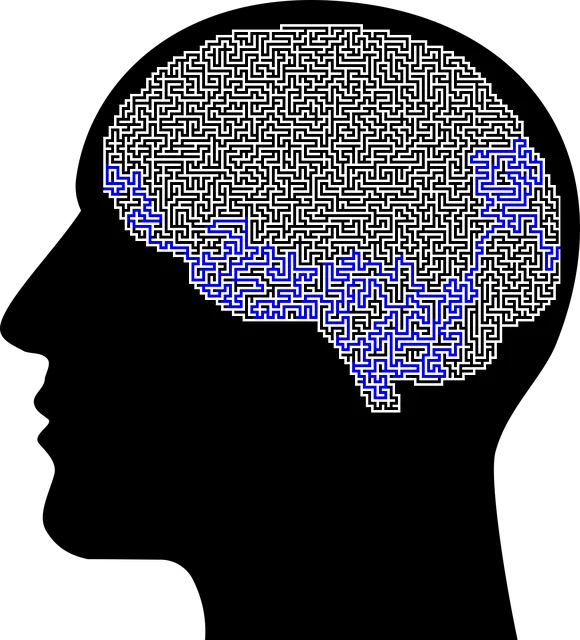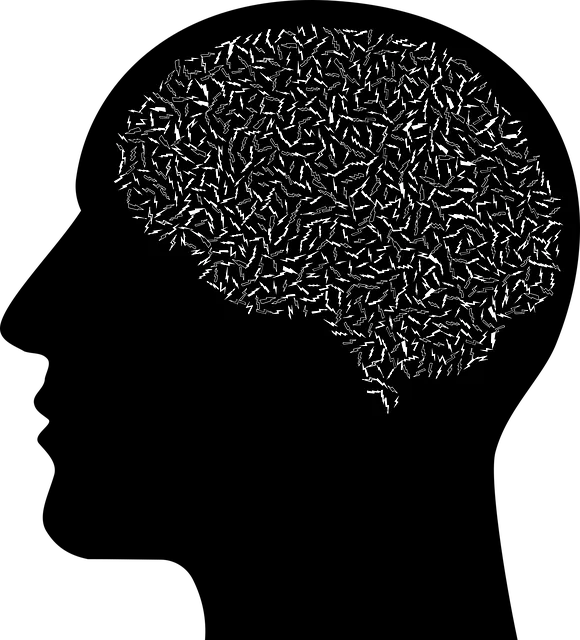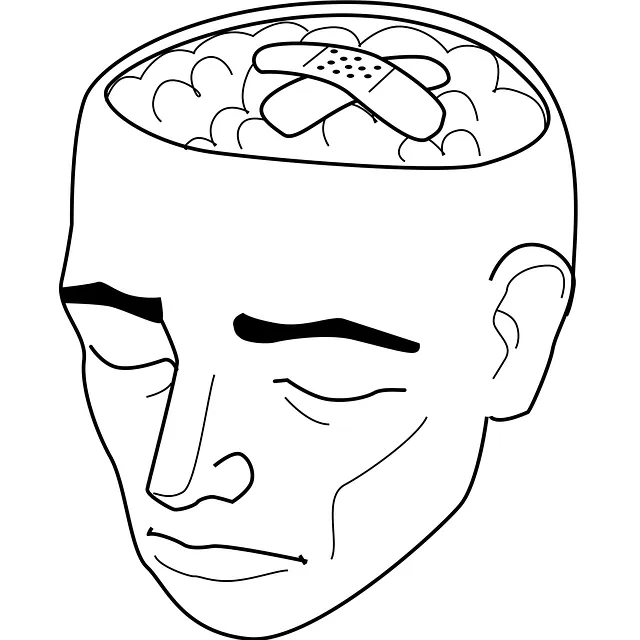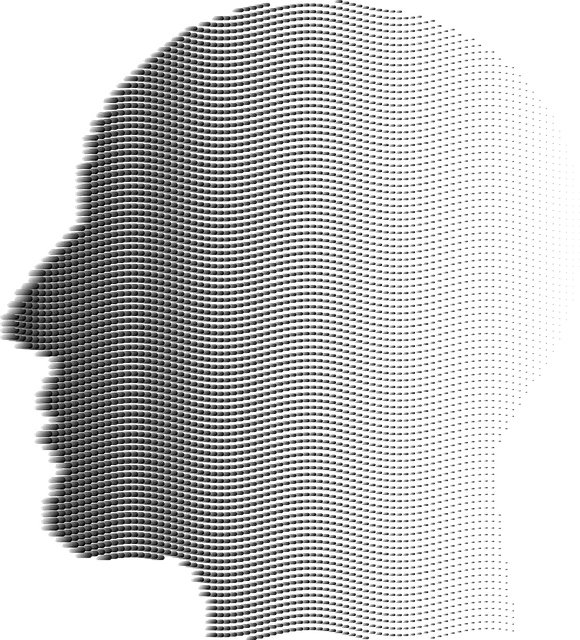Englewood Kaiser Permanente's psychiatric phone service caters to the growing demand for accessible mental wellness support, especially with remote work trends. Mental health apps offer flexible, discrete care through personalized stress management tools, gamification, and community forums, while ensuring strict data security. Developing such an app involves identifying a target audience, conducting market research, integrating evidence-based practices, collaborating with professionals, user testing, and launching on popular platforms via marketing campaigns, potentially expanding beyond the Englewood Kaiser Permanente psychiatry phone number network.
In today’s fast-paced world, mental wellness app development has become paramount. With increasing demand for accessible mental health services, apps offer a convenient solution. This article explores the growing need for these tools, highlighting key features and functionality that make them effective. Additionally, we provide a step-by-step guide on developing and launching your own mental wellness app, offering insights tailored from perspectives like Englewood Kaiser Permanente’s psychiatry phone number.
- Understanding the Growing Need for Mental Wellness Apps
- Key Features and Functionality of Effective Mental Health Applications
- Developing and Launching Your Own Mental Wellness App: A Step-by-Step Guide
Understanding the Growing Need for Mental Wellness Apps

In today’s fast-paced and often stressful world, there is a growing recognition of the need for accessible mental wellness solutions. This trend is evident in the increasing search for support, prompting institutions like Englewood Kaiser Permanente to offer psychiatry services via phone, catering to those seeking guidance from the comfort of their homes. The demand for such resources highlights a critical shift towards prioritizing mental health awareness and care. With the rise of remote work and digital connectivity, many individuals are now looking for innovative ways to manage stress, anxiety, and other common mental health challenges.
This need is further underscored by the limited availability of traditional therapy options and the barriers that prevent people from accessing professional help. Mental wellness apps emerge as a viable solution, providing personalized tools and resources for self-care and emotional well-being. By integrating features such as mindfulness exercises, conflict resolution techniques, and mental wellness coaching programs, these applications offer flexible and discrete support to users. Additionally, effective risk management planning for mental health professionals ensures that these apps can be tailored to meet diverse individual needs while adhering to stringent safety protocols.
Key Features and Functionality of Effective Mental Health Applications

Effective mental health applications should incorporate a suite of key features to ensure they provide valuable support for users’ mental wellness. Firstly, they must offer personalized plans tailored to individual needs, whether that’s focused on stress reduction methods or mood management. This could include daily mindfulness exercises, meditation guides, and tracking tools to monitor progress. Secondly, integration with professional services is vital. Users should have easy access to resources like the Englewood Kaiser Permanente psychiatry phone number for direct support when needed.
Beyond these basics, successful apps enhance user engagement through interactive features. Gamification elements, such as rewards for consistent use or achievements for completing tasks, can encourage users to stick with their mental health routines. Additionally, community forums allow users to share experiences and offer peer support, fostering a sense of belonging. These applications should also prioritize data security and privacy, ensuring user confidence in sharing sensitive information.
Developing and Launching Your Own Mental Wellness App: A Step-by-Step Guide

Developing your own mental wellness app can be a rewarding and impactful venture. Here’s a step-by-step guide to help you bring your idea to life, from conception to launch. Begin by identifying the specific niche or target audience you want to address, such as stress management, anxiety relief, or trauma support services—a service offered by renowned institutions like Englewood Kaiser Permanente psychiatry. Conduct thorough market research to understand existing apps and their features, ensuring your app offers unique value.
Next, define the core functionalities of your app, incorporating evidence-based practices and expert insights. Consider integrating features from popular mental wellness programs, such as meditation exercises, mood tracking, or social skills training, tailored for various age groups and needs. Collaborate with professionals in psychology, psychiatry, and user experience design to create a seamless, engaging interface. After finalizing the app’s development, conduct thorough testing and gather feedback from a diverse group of users. Once satisfied, launch your app on popular platforms, leveraging marketing strategies including social media campaigns and partnerships with mental health advocacy groups, potentially increasing your reach beyond the Englewood Kaiser Permanente psychiatry phone number network.
Mental wellness apps are becoming increasingly vital in addressing the growing need for accessible, personalized mental health support. As evidenced by the success of many apps like those offered by Englewood Kaiser Permanente’s psychiatry services, these tools can provide a range of benefits, from stress reduction and mindfulness practices to therapy sessions and community connections. By following the step-by-step guide outlined in this article, aspiring developers can create impactful mental wellness apps that contribute to improving global mental health outcomes.






